More than 3,400 boxes of functional foods were dumped on the side of Nguyen Van Linh Street (HCMC), due to fear of police raids - Photo: NGOC KHAI
However, the online market is still flooded with counterfeit goods and goods of unknown origin...
Following the Prime Minister 's directive to launch a nationwide campaign against smuggling, trade fraud, counterfeit goods and intellectual property violations, authorities have taken drastic action. Many large-scale cases of counterfeit goods, fake goods, and goods of unknown origin have been discovered and handled.
However, according to records, counterfeit goods... are still being bought and sold widely on online markets.
Online markets are still bustling with fake and counterfeit goods...
"This is a very difficult and tense period," said Ms. Phung ( Hanoi ), who said that customs strictly checks and blocks counterfeit goods and branded goods from crossing the border.
For decades, Ms. Phung has made money by selling "high-end imitation" bags of famous brands such as Hermes, Chanel, Dior, Gucci... at prices much lower than the genuine products.
For example, a "real" Hermes bag costs from 200 million VND to several billion VND, but a fake product costs only 8 - 40 million VND. Ms. Phung affirmed that she always prioritizes selecting products with "outstanding quality" to sell, so that customers do not feel embarrassed when using them.
"With the naked eye, it is almost impossible to distinguish from the real thing. The "high-end imitation" goods also come with a "certificate of inspection", which is highly appreciated by customers," said Ms. Phung.
Although authorities are simultaneously launching raids on counterfeit goods, according to our records, many counterfeit products are still widely sold on online markets.
For example, at an online store with 13,300 followers on a major e-commerce platform in Vietnam, a series of counterfeit international brand bags were sold for only 110,000 - 445,000 VND/bag, hundreds of times cheaper than the price of genuine products. This store sold a total of more than 22,000 products.
On another platform, many major international brands are counterfeited, with prices ranging from 200,000 VND to 1.5 billion VND per product. To circumvent the platform's control policy, many sellers abbreviate the brand.
Typically, LV or L. is used instead of Louis Vuitton, GG or GC is used instead of Gucci... Some online stores choose to blur the logo and brand name when selling... However, there are still online stores on the platforms whose accounts have been locked due to selling 1:1 fake goods (fake, imitating big brands with a high similarity ratio).
At a store on Shopee, a series of handbags were sold for 10 - 15 million VND/product, under the name of "duty-free goods", then the product information was deleted and the account was locked.
"I sell 1:1 fake products but every time I post them, they get locked. At first, when I posted the documents, they were opened after a few days. Now I've waited 2 months to post the documents and still haven't seen anything. When I'm happy, they open them 2-3 times, when I'm sad, they delete the product," a seller on an e-commerce platform complained.
Will the exchanges take strong action against violations?
Talking to Tuoi Tre about the proliferation of fake and counterfeit goods on the platform, a Shopee representative said that all products posted for sale on Shopee must meet and comply with the platform's posting regulations (product posting regulations) posted on Shopee's official information pages (Shopee Uni, Help Center, Seller Channel...).
Accordingly, when posting products for sale, sellers are responsible for ensuring that their goods comply with current laws, regulations on posting products on Shopee, product prohibition/restriction policies, as well as Shopee's terms of use and policies.
"We are ready to coordinate with authorities when necessary to promptly handle violations related to product quality and advertising activities on the platform," said a Shopee representative, pledging to remove content and products in cases of intentional violations.
For shops that violate the rules, Shopee will take measures depending on the severity of the violation, from temporary to permanent suspension. "In case of serious violations, we will report to the competent state agency according to the law," the representative of the information platform said.
According to this person, the floor has set up a "reporting violating products" function to facilitate consumers to report violating products so that the company can take measures to handle them according to regulations, or consumers can contact the customer care department when needing support.
"We have also established procedures to facilitate complaints of intellectual property infringement. Sellers can find more information about the complaint process and report infringing products on the intellectual property protection portal on the platform," he said.
A representative of Lazada also affirmed that as soon as signs of violations are detected, the unit will immediately review and remove related products on the platform, and will closely coordinate with partners and authorities to take timely measures.
"For example, we will restrict the store's operations, limit product display, lock the sales account or permanently suspend operations," he said.
Mr. Nguyen Anh (CEO of Nobinobi Distribution and Retail Company):
Need for a special task force to combat counterfeiting in cyberspace
Preventing the problem of counterfeit goods... is not the responsibility of one person alone, but requires the coordinated responsibility of all three "links": e-commerce platforms, management agencies and consumers.
In particular, as a "virtual market" and payment intermediary, e-commerce platforms must have legal responsibility in controlling the platform to scan and detect unusual signs of products, stalls and transaction models suspected of counterfeit goods.
The platform must be responsible for managing sellers, tightening the process for sellers, requiring transparency of product origin information and applying violation policies, including permanent blocking by personal/business identification, not just locking accounts.
In addition, the floor must also build a quick and transparent compensation mechanism for buyers when counterfeit goods are discovered, and at the same time support victims in working with authorities.
Meanwhile, state management agencies are responsible for perfecting the legal framework by reviewing and supplementing legal regulations to suit the rapid development of e-commerce, especially regulations on the responsibility of the platform and on authenticating the origin of products in the digital space.
In particular, the authorities need to strengthen inter-sectoral coordination, for example, establishing a close coordination mechanism and data connection between the Market Management Department, the General Department of Customs, PC03, the Ministry of Industry and Trade and e-commerce platforms. There may be a need for specialized task forces to combat counterfeit goods in cyberspace.
Authorities also need to improve their appraisal and punishment capacity by investing in modern appraisal centers, shortening appraisal time, and applying deterrent penalties, including criminal prosecution, against large networks to end the situation of "lawlessness".
With their special role, consumers should create a "shield" to protect themselves by raising their awareness of smart shopping such as: not being too greedy for cheap prices, carefully researching product and brand information, and carefully reading reviews from reliable sources; prioritizing purchases from official stores or reputable distributors.
In addition, consumers need to proactively report and reflect when they discover or suspect they have purchased counterfeit goods. Each report is a brick contributing to eliminating this problem.
Back to topic
PLUM BLOSSOM - VIRTUE
Source: https://tuoitre.vn/hang-gia-hang-nhai-van-tung-hoanh-cho-mang-20250617074906183.htm


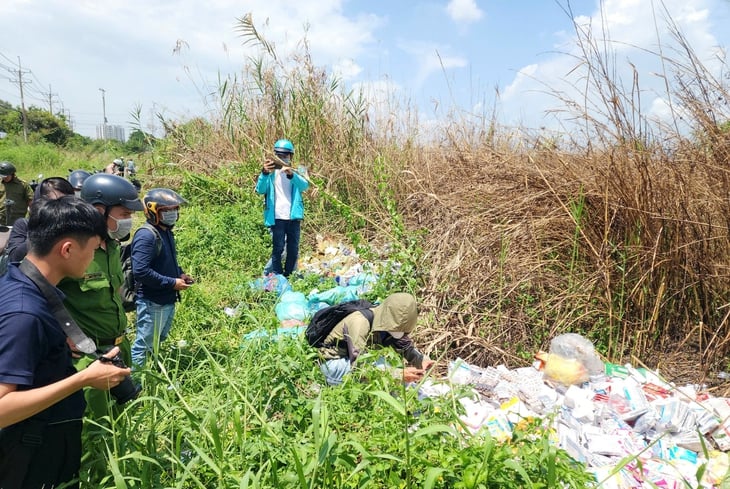
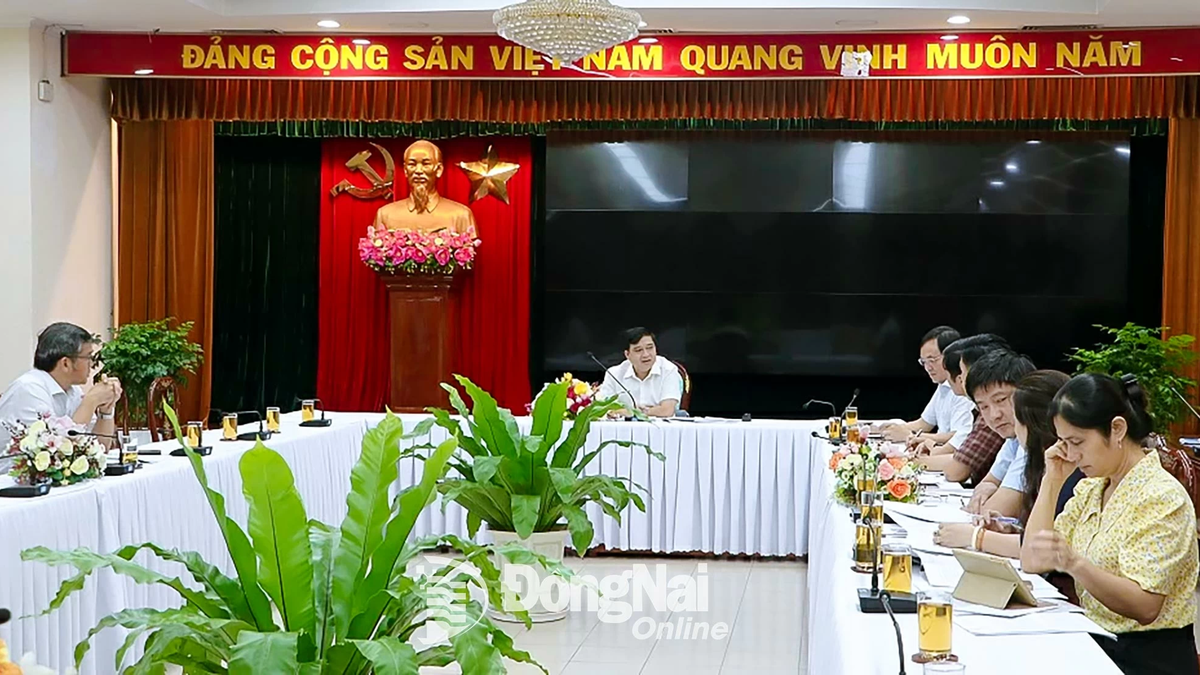

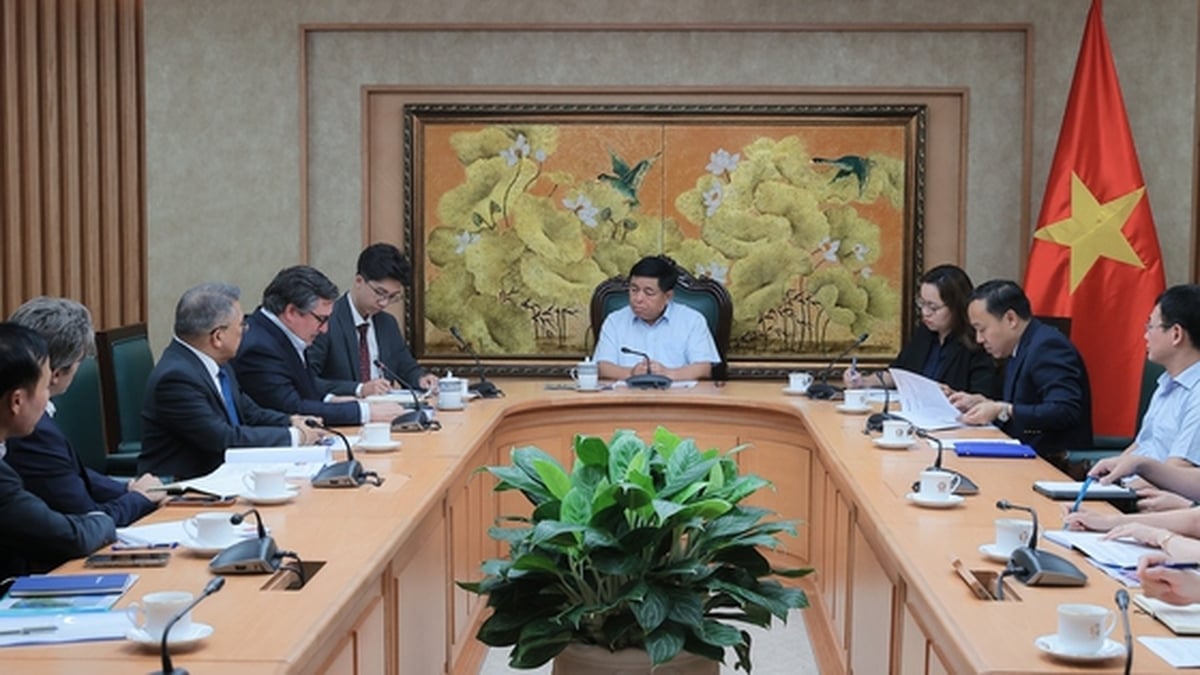
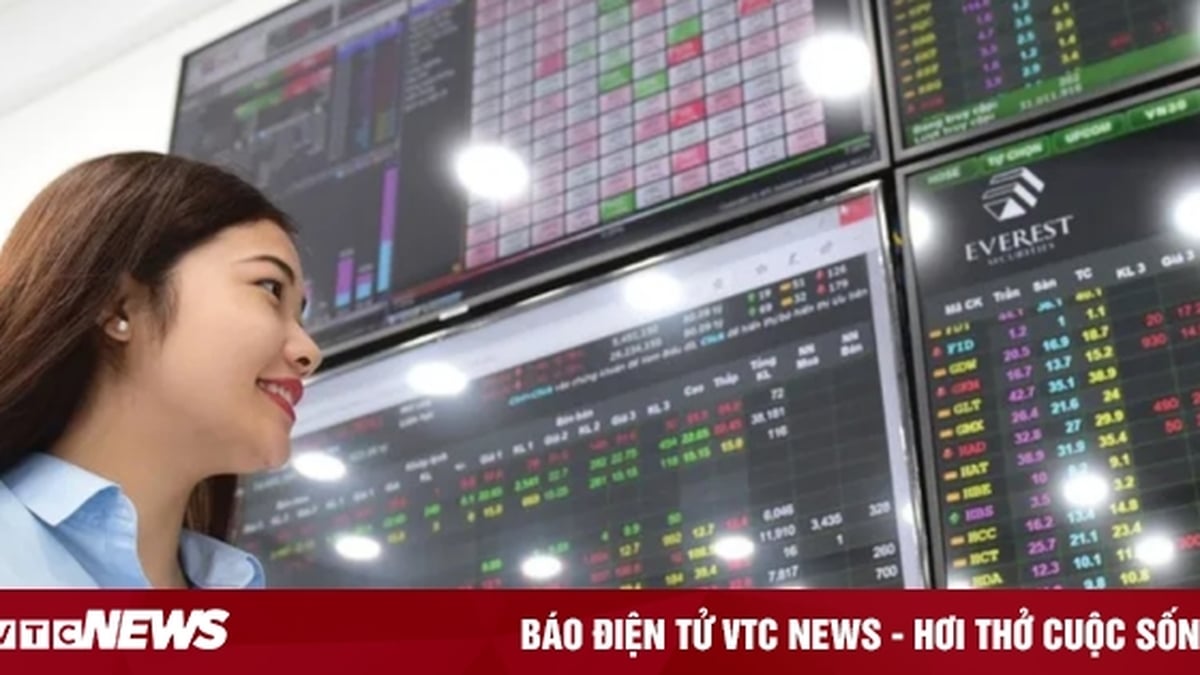
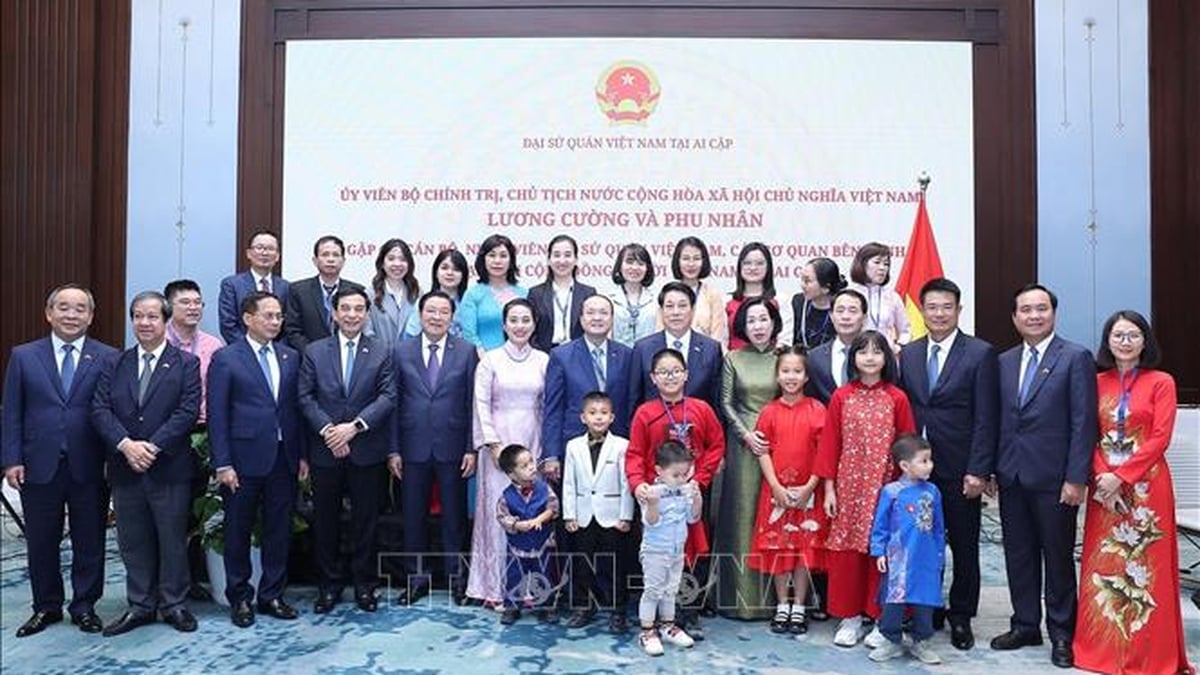
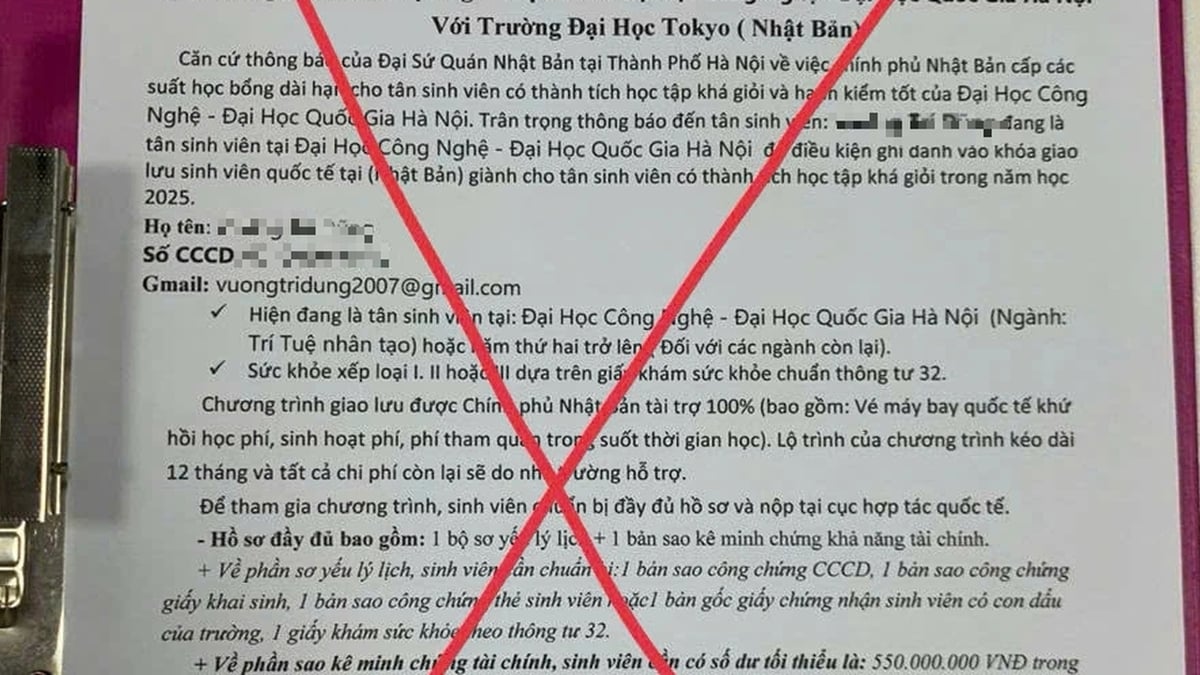

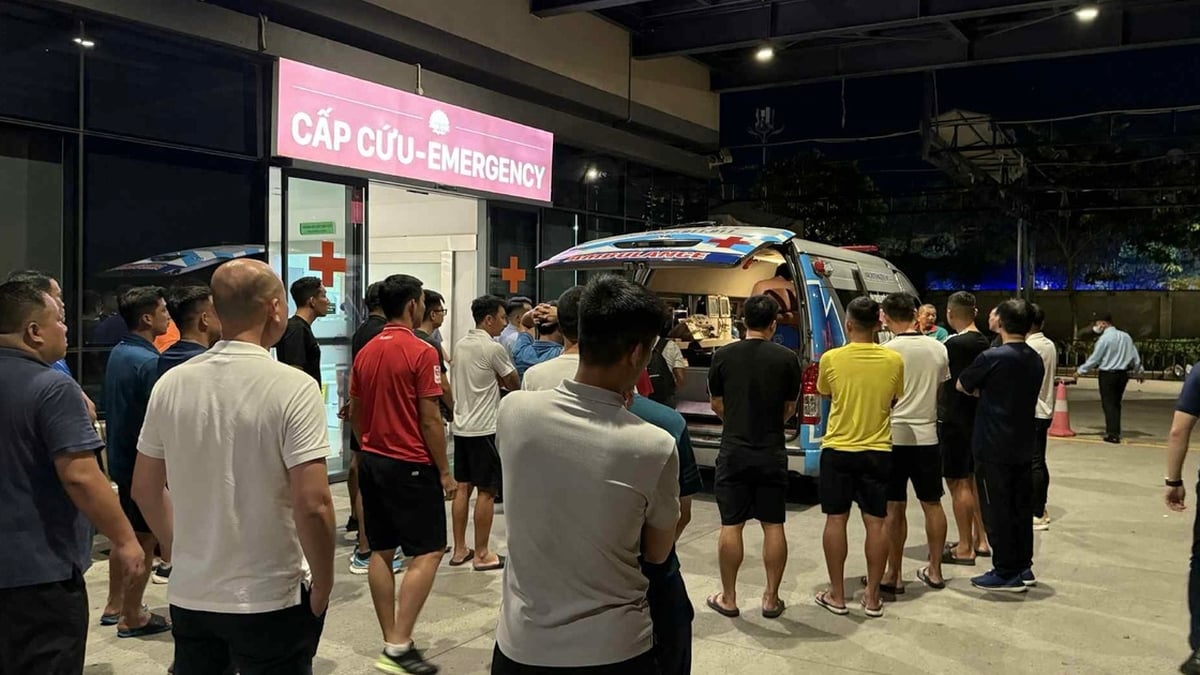
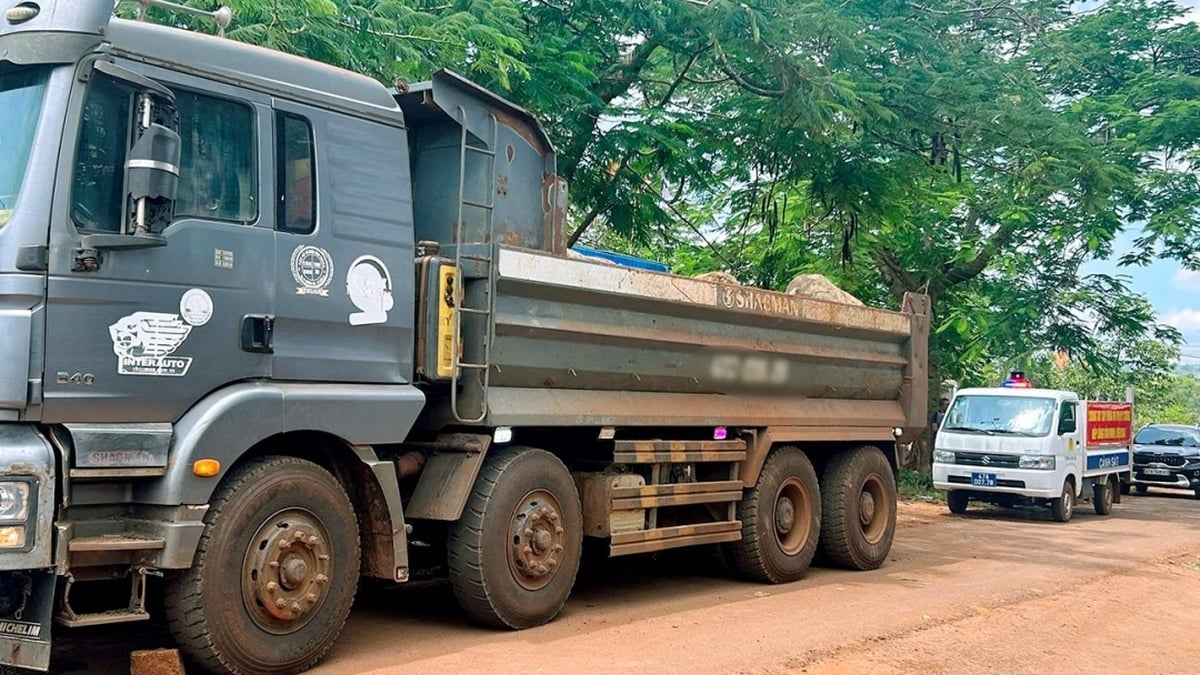



















































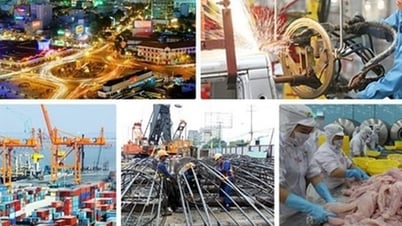


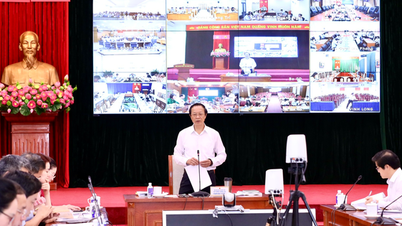

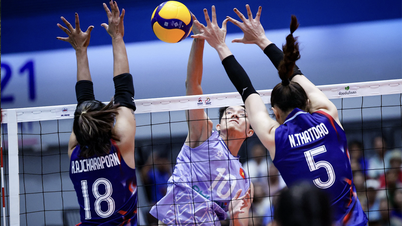


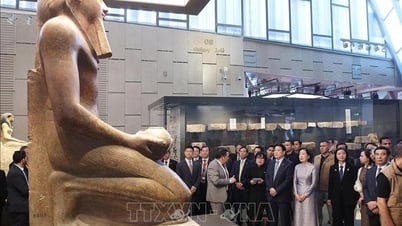


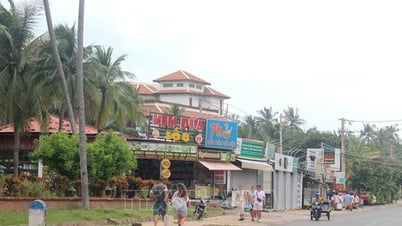
























Comment (0)